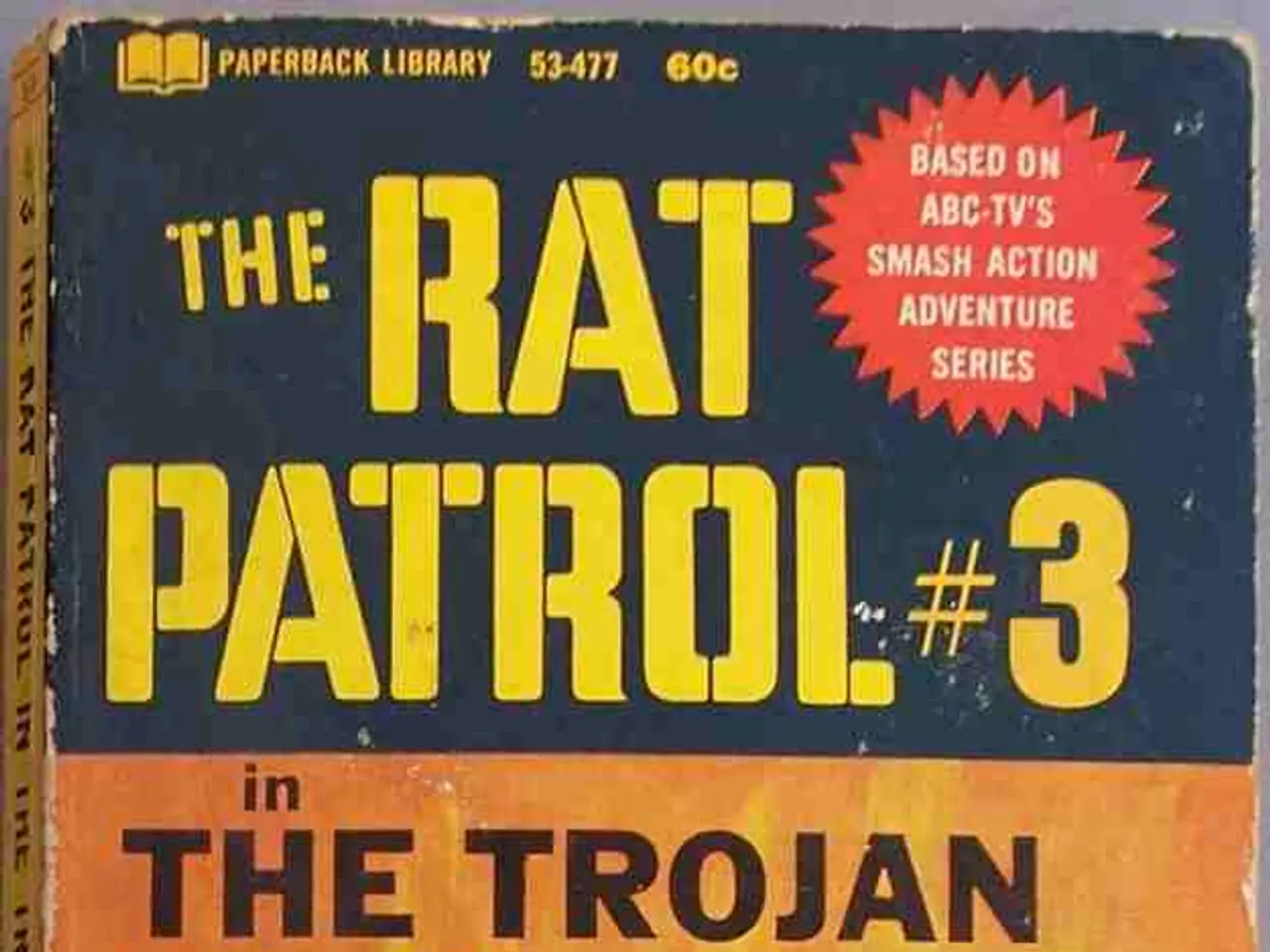Security leader of Kuban denies shared details
In the realm of local politics and social issues, disinformation and misinformation can sometimes surface, as seen in a recent case of a fake document designed to create tension between civil servants and war veterans in Krasnodar Krai. However, a thorough search has revealed no credible evidence supporting the existence of such a document.
Amidst this uncertainty, it is essential to understand the legal context surrounding such false information. Russia has strict laws against "knowingly false information" about the military and state affairs, punishable by imprisonment of up to 15 years [3]. Fabricating or spreading false official documents could fall under such regulations, leading to potential prosecutions.
While there is no direct evidence of a false dismissal document affecting war veterans in Krasnodar Krai, disinformation campaigns can have profound implications. They can create anxiety, mistrust, and confusion among veterans, especially if they involve employment or social benefits. Veterans often depend on stable state support, so such false claims could cause unwarranted distress.
On a positive note, the Krasnodar Krai region is making significant strides in supporting its war veterans. The "Heroes of Kuban" project is being implemented to provide professional retraining and job placement for veterans and participants in the special operation. This initiative offers a range of services, including job search assistance, individual support, resume preparation, and career guidance, all provided free of charge.
These services are tailored to current market demands and are provided through the Ministry of Labor of Krasnodar Krai and employment centers. Over 50 war veterans are already employed in various positions in regional ministries, departments, and municipal administrations in Krasnodar Krai.
It is worth noting that the authenticity of the document in question is called into question due to its publication with a signature and seal. Only copies of legal acts can be published with the seal of the management department.
In conclusion, while the absence of evidence suggests that the false document in question may not have had a significant impact, it serves as a reminder of the importance of verifying information and the stringent measures Russia takes to combat fake news and document forgery. The Kremlin’s crackdown on such misinformation indicates a commitment to maintaining a stable and reliable information environment for its citizens.
Despite the lack of credible evidence concerning the existence of the false dismissal document, understanding the legal ramifications of spreading such false information is crucial, as Russia imposes severe penalties, including up to 15 years' imprisonment, for knowingly false information about military and state affairs. Furthermore, disinformation campaigns can induce distress among sensitive groups such as war veterans, potentially hindering their access to employment and social benefits, making it important for citizens to verify information.






